A new device significantly decreases unwanted current leakage from memory devices, which could help reduce the greenhouse gas emissions of future data centers.
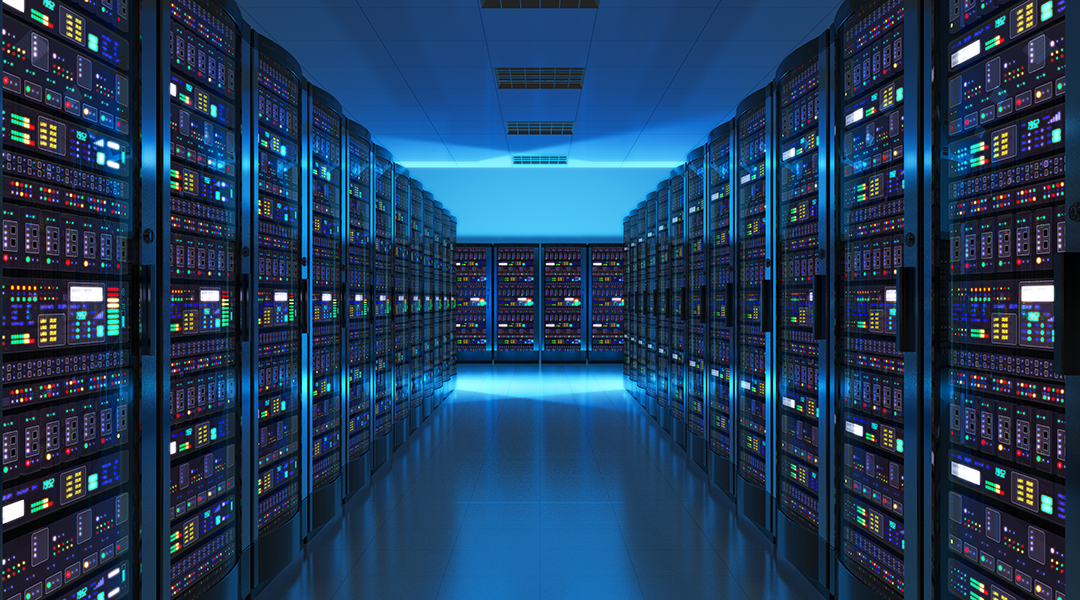

A new device significantly decreases unwanted current leakage from memory devices, which could help reduce the greenhouse gas emissions of future data centers.
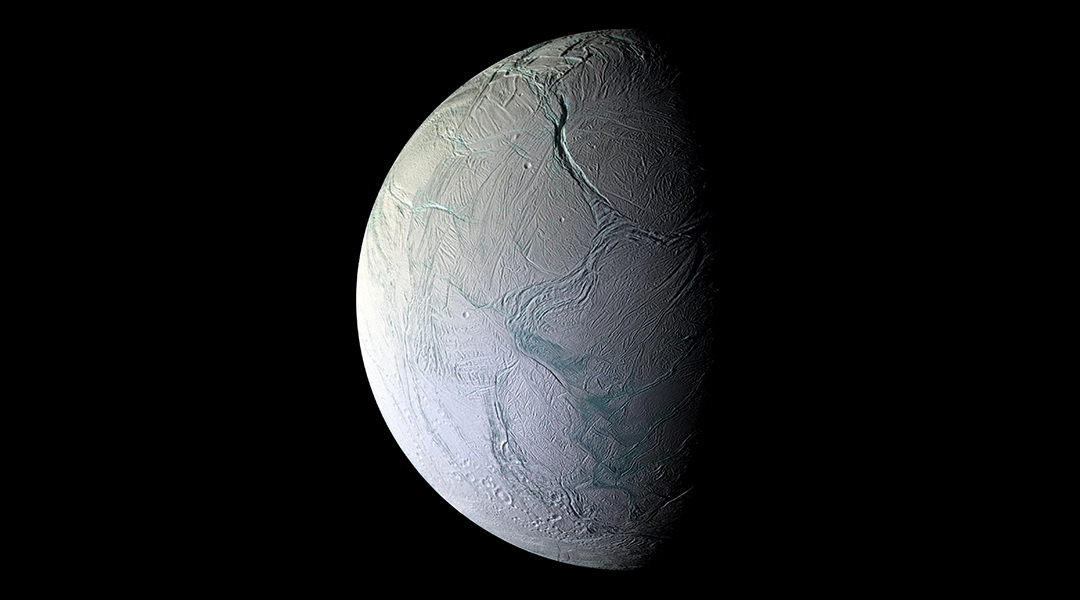
Planets that contain subsurface oceans could be a potential treasure trove of life, expanding the number of habitable planets in the galaxy.

From astronauts to programmers and medical researchers fighting the COVID-19 pandemic, these women are pushing boundaries in STEM.
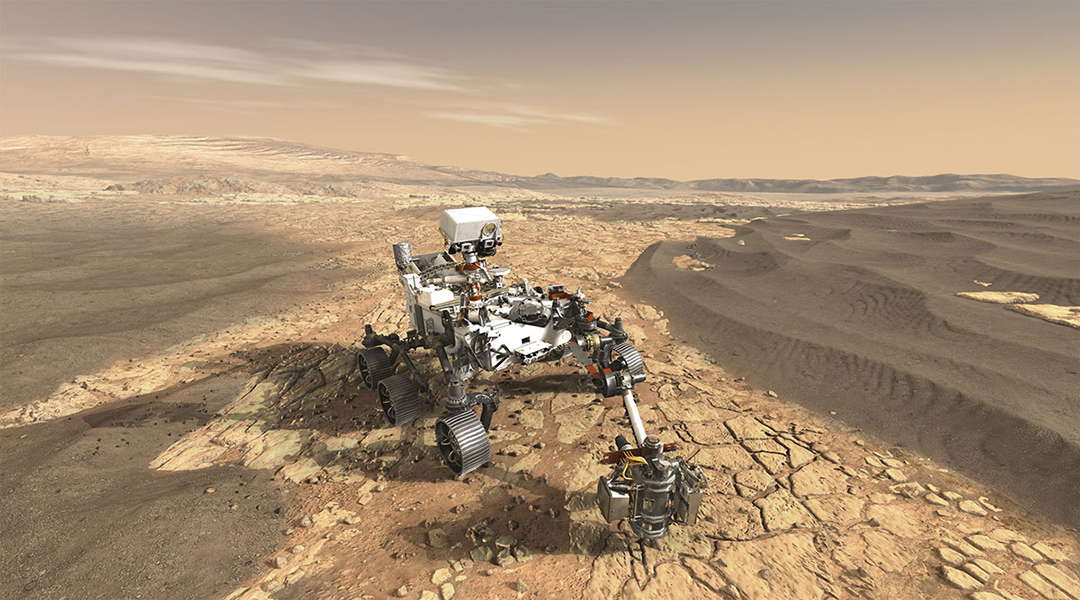
The Perseverance rover will explore the Martian Jezero Crater and collect the first rock samples from the Red Planet.
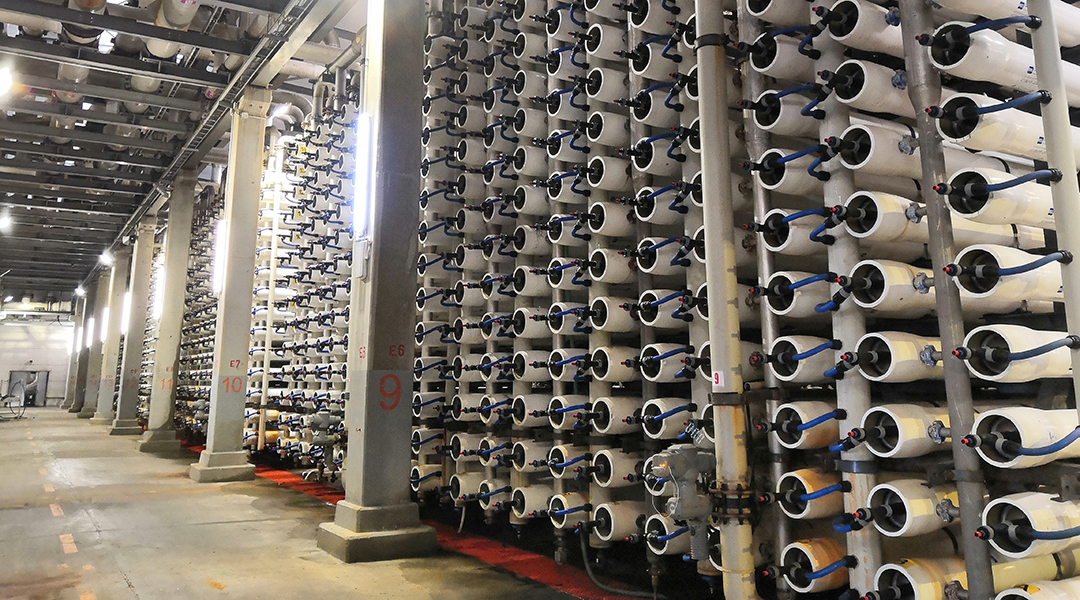
Scientists question whether technologies such as desalination will create solutions to climate change or just shift the problem.
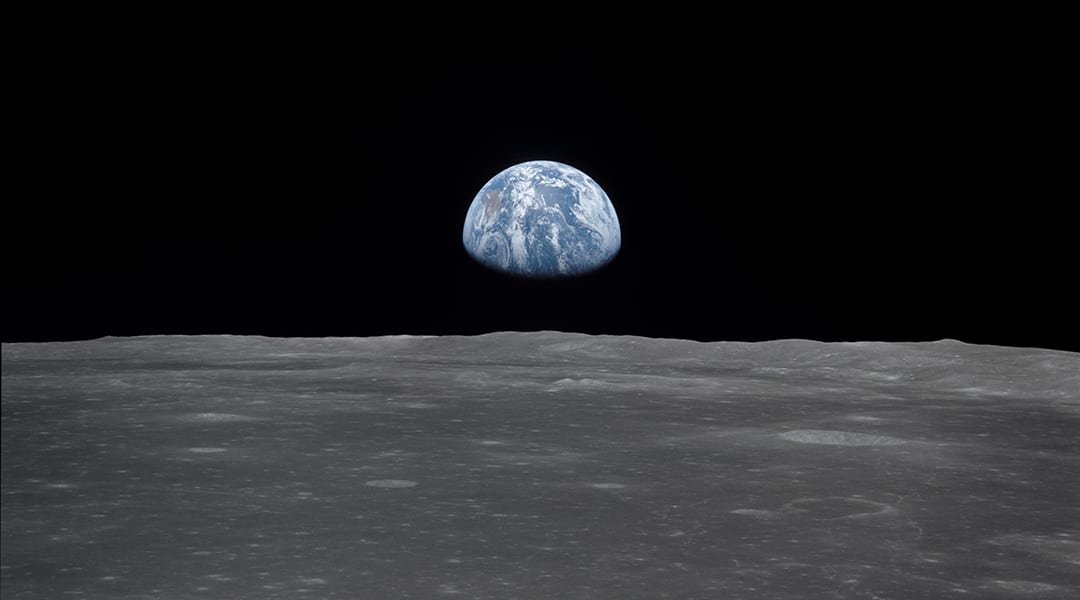
New research indicates that limited resources on Earth’s satellite could cause crowding and competition as site selection, extraction become reality.
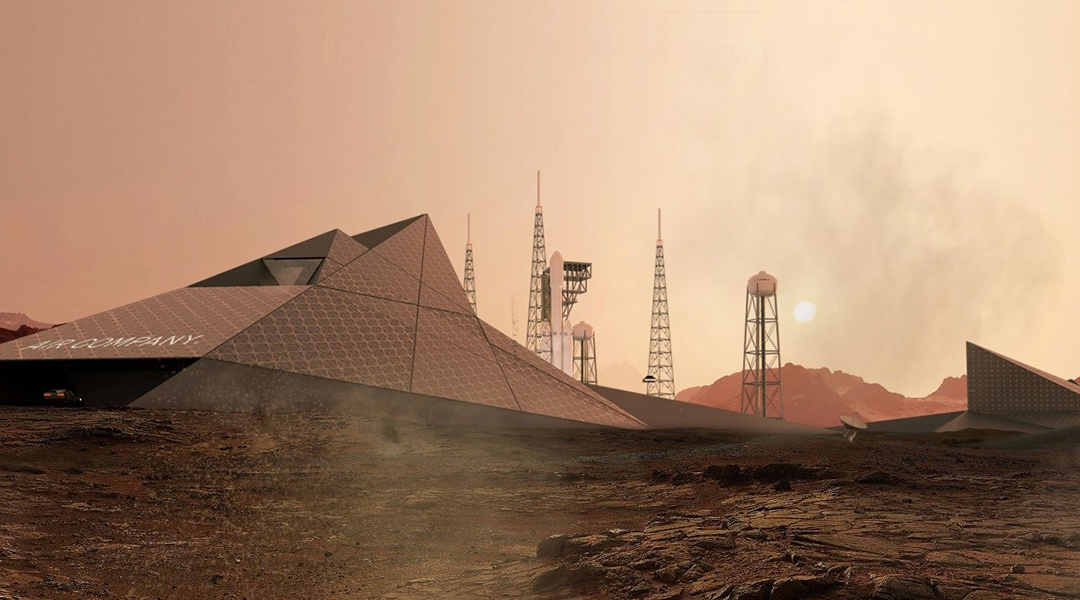
The chemistry of carbon dioxide may not save the human race on Earth, but could enable a new beginning for life on the red planet.

Tiny moon shadows may harbor hidden stores of ice.
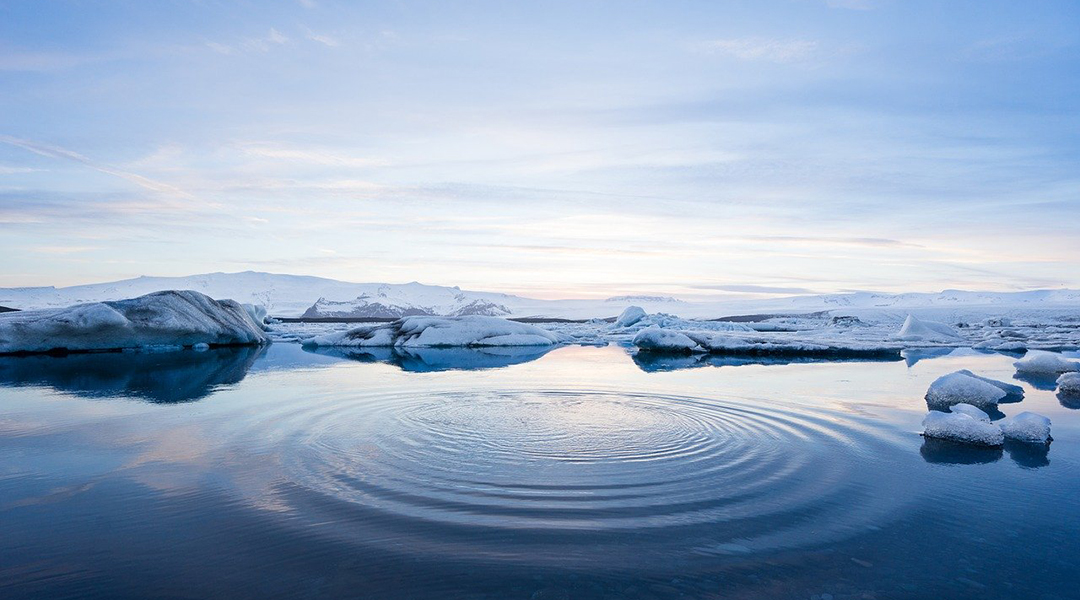
An extensive study shows that the fragile Arctic landscape is changing right before our eyes. While we cannot stop the transformation, we can mitigate its effects if we reduce greenhouse gas emissions and slow climate change.
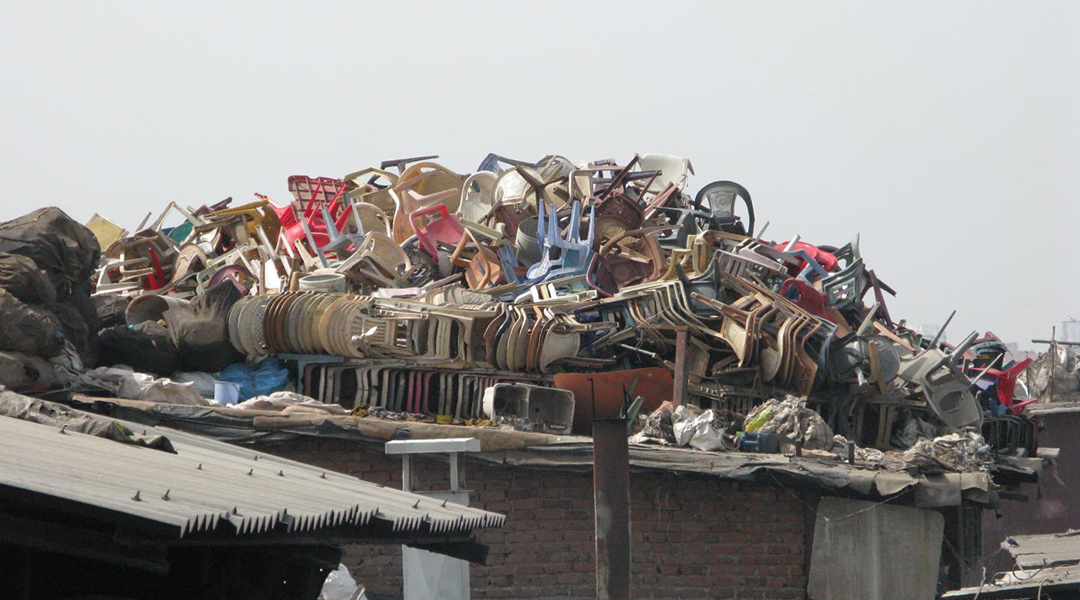
Unless growth in plastic production and use is halted, a fundamental transformation of the plastic economy to a framework based on recycling is essential.